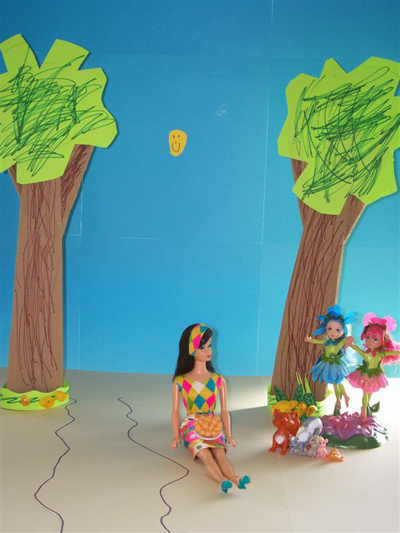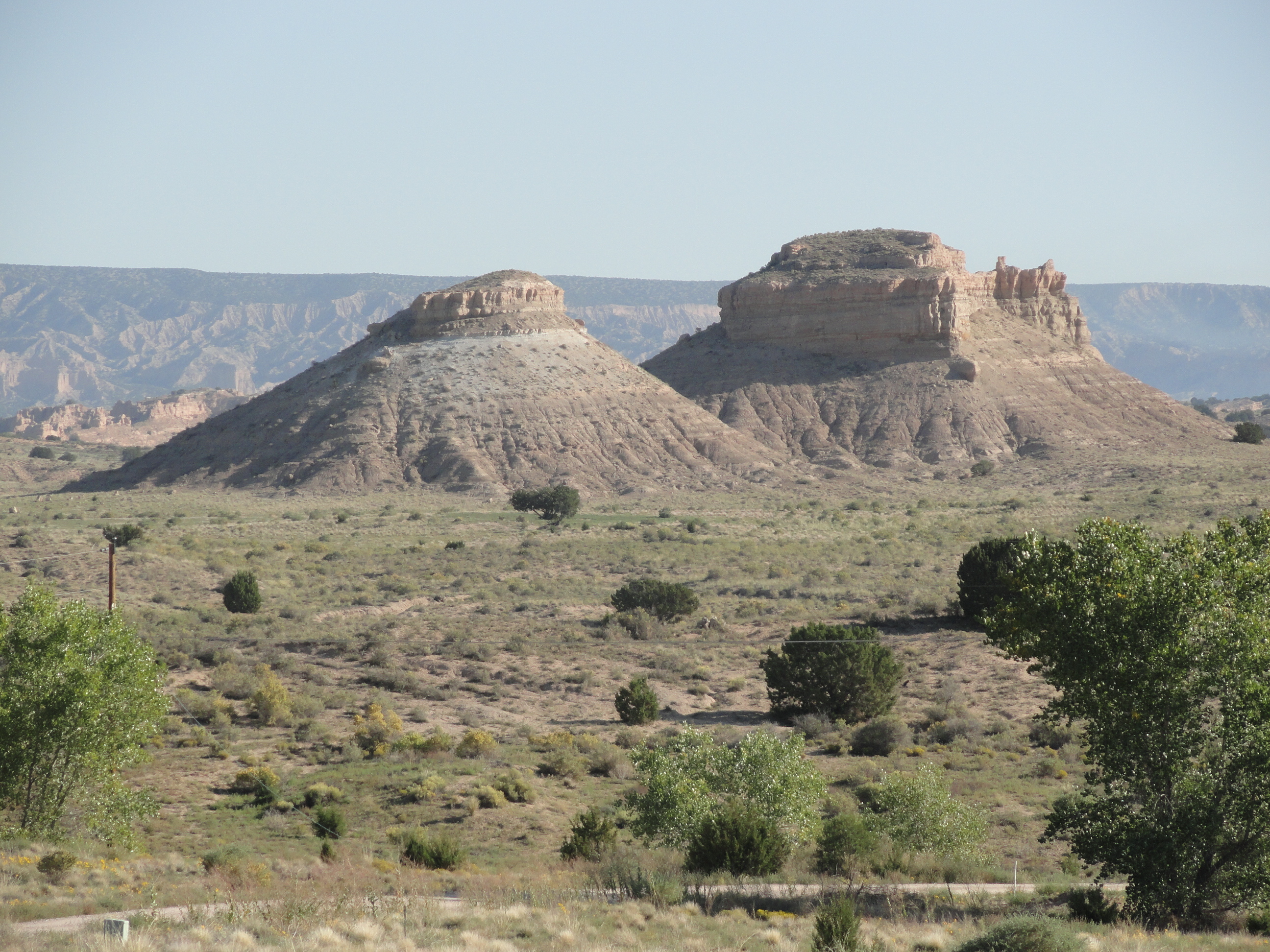A story from when Kirby was in his late teens:
Kirby was reading aloud the other night from a gaming manual to that big batch of guys who went to see Pirates of Penzance with us. Kirby and Marty really wanted to go to the play. As things turned out, three unexpected others went with us. That was fine. They went because they were involved in a roleplaying game, and wanted to continue it later, and because they trust Kirby and Marty's judgement about what's cool.
They had fun, and came back and played several hours longer afterward. But Kirby, one of the youngest of the seven there, and one of the "least educated," was reading difficult material aloud to attentive others, one of whom... has a college degree, one of whom has two years of college, and none of whom had any reason to say, "Let me read that." He could've been reading it for taping, or radio. Expressive, clear, no hesitation.
He's confident in his skin, in his mind, and in his being.
He's not afraid of his parents.
He goes to sleep happy and he wakes up glad.
My priorities could have been different.
Kirby is in his 30s now, married, and reads each night to two little girls. I wish I could hear it sometimes.
SandraDodd.com/priorities
photo by Sandra Dodd—
not of that night's game, but there's Kirby in black to the right, and Marty in green, with other unschoolers




















